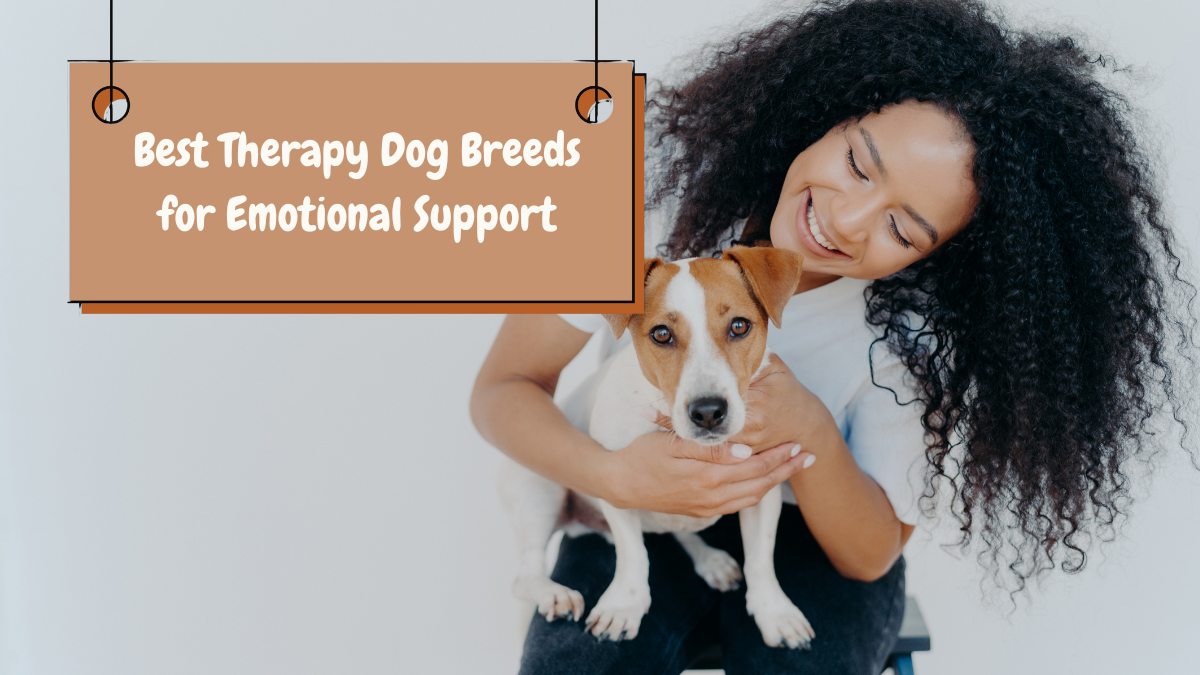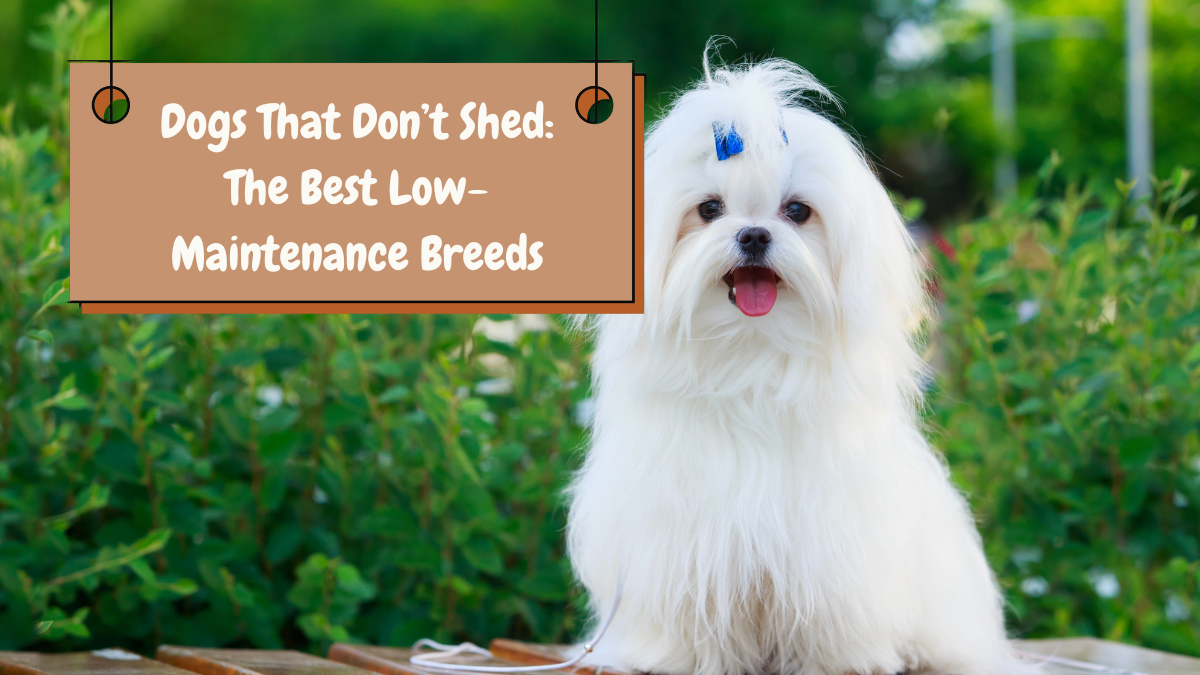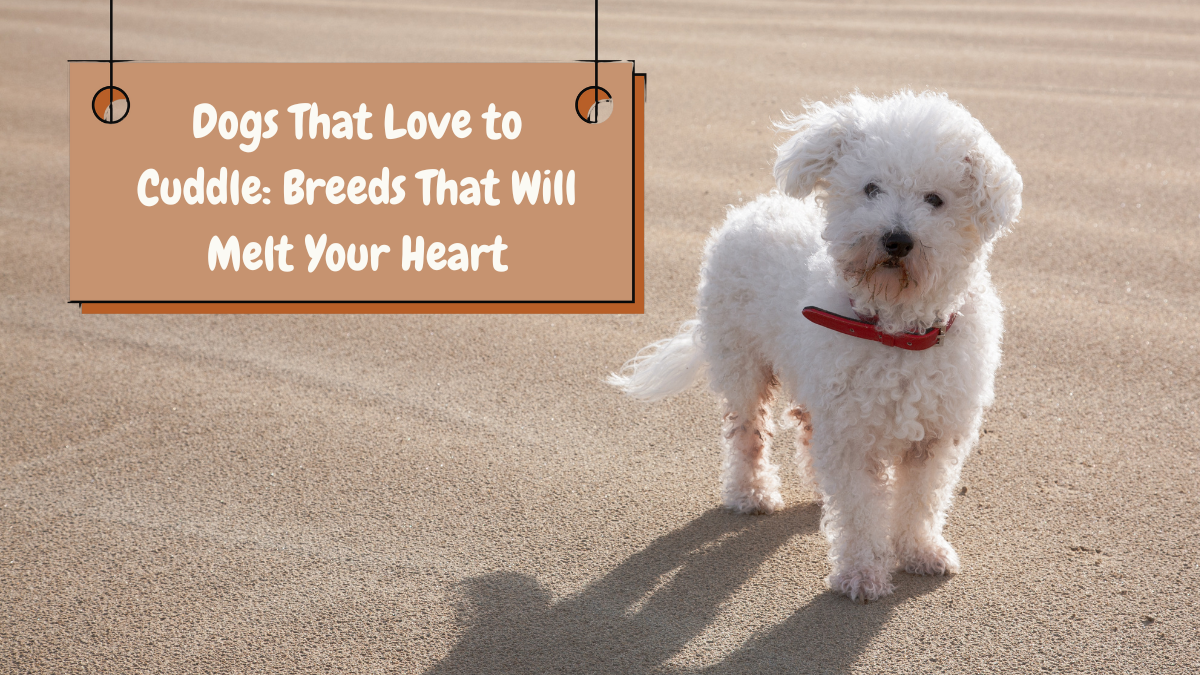Emotional support animals (ESAs) play a vital role in providing comfort and companionship for individuals dealing with emotional, psychological, or mental health conditions.
While any breed can potentially serve as an ESA, certain breeds stand out for their temperament, emotional intelligence, and ability to provide unwavering support.
In this article, we will explore the best therapy dog breeds for emotional support, providing detailed insights into each breed, including their traits, ideal environment, and why they excel in offering emotional comfort.
Best Therapy Dog Breeds for Emotional Support
1. Golden Retriever
Golden Retrievers are well-known for their gentle, friendly demeanor. They are highly trainable and incredibly loyal, making them one of the most popular choices for emotional support dogs. Their easy-going nature and innate desire to please their owners allow them to provide comfort during times of stress or anxiety.
| Traits | Details |
|---|---|
| Temperament | Gentle, friendly, calm |
| Weight | 55-75 lbs |
| Ideal Environment | Active households, large spaces |
2. Labrador Retriever
Labradors are another top choice for emotional support. They are loving, intelligent, and known for their high emotional intelligence. Their adaptability to different living environments makes them suitable for both urban and rural settings. Labs also form strong bonds with their owners, making them excellent companions during emotional distress.
| Traits | Details |
|---|---|
| Temperament | Friendly, patient, dependable |
| Weight | 55-80 lbs |
| Ideal Environment | Active households, various environments |
3. Poodle
Poodles, particularly Standard Poodles, are highly intelligent and empathetic, making them one of the best therapy dog breeds for emotional support. Their hypoallergenic coat is ideal for individuals with allergies, and their sensitivity to human emotions allows them to provide comfort in a variety of settings.
| Traits | Details |
|---|---|
| Temperament | Intelligent, trainable, empathetic |
| Weight | 45-70 lbs (Standard) |
| Ideal Environment | Both active and quiet homes |
4. Cavalier King Charles Spaniel
Cavalier King Charles Spaniels are small but mighty when it comes to emotional support. Their affectionate and gentle nature allows them to connect deeply with their owners, providing constant companionship. They thrive on human interaction and can sense emotional distress, making them ideal for individuals needing ongoing emotional support.
| Traits | Details |
|---|---|
| Temperament | Affectionate, gentle, sociable |
| Weight | 13-18 lbs |
| Ideal Environment | Small apartments or homes with moderate activity |
5. Yorkshire Terrier
Despite their small size, Yorkshire Terriers are excellent emotional support dogs. They are highly affectionate, forming strong bonds with their owners, and their small size makes them ideal for apartment living. Yorkies are loyal and attuned to their owner’s emotions, offering comfort through close physical contact.
| Traits | Details |
|---|---|
| Temperament | Affectionate, brave, attentive |
| Weight | 7-8 lbs |
| Ideal Environment | Small spaces, apartments |
6. Corgi
Corgis are intelligent, sociable, and loving, which makes them ideal for emotional support roles. Their playful demeanor brings joy and comfort to their owners, while their loyalty ensures a strong emotional connection. Corgis can easily adapt to a variety of living situations, including apartments.
| Traits | Details |
|---|---|
| Temperament | Playful, loyal, outgoing |
| Weight | 25-30 lbs |
| Ideal Environment | Homes with space to play, apartments with daily walks |
7. Beagle
Beagles are known for their curiosity and friendly nature. They are gentle, loving, and highly sensitive to their owner’s emotional state. Beagles are ideal for providing emotional support, especially for families, as they are great with children and thrive in social settings.
| Traits | Details |
|---|---|
| Temperament | Friendly, curious, loyal |
| Weight | 20-30 lbs |
| Ideal Environment | Active households, spacious areas |
8. Dachshund
Dachshunds are playful, affectionate, and highly protective of their owners. They form deep bonds with those they love and are excellent at sensing emotional distress. Their small size makes them perfect for apartments or homes with limited space.
| Traits | Details |
|---|---|
| Temperament | Loyal, brave, affectionate |
| Weight | 16-32 lbs |
| Ideal Environment | Small homes or apartments |
9. Pug
Pugs are friendly and affectionate dogs that thrive on human companionship. Their calm and gentle nature makes them ideal for emotional support roles, especially for individuals dealing with anxiety or depression. Pugs love to cuddle and are excellent at offering physical comfort.
| Traits | Details |
|---|---|
| Temperament | Playful, affectionate, loyal |
| Weight | 14-18 lbs |
| Ideal Environment | Small homes, apartments |
10. Shih Tzu
Shih Tzus are affectionate, gentle, and great at providing emotional support. They are perfect for individuals seeking a constant companion, as they thrive on human interaction. Their calm demeanor makes them well-suited for people with anxiety or emotional distress.
| Traits | Details |
|---|---|
| Temperament | Gentle, affectionate, calm |
| Weight | 9-16 lbs |
| Ideal Environment | Small homes, apartments |
Why These Breeds Are Best for Emotional Support
These breeds are known for their calm temperament, loyalty, and ability to bond closely with their owners. Their emotional intelligence allows them to sense when their owner is feeling anxious or stressed, and they respond by providing comfort, companionship, and unconditional love. These qualities make them the perfect choice for emotional support roles.
Conclusion
Choosing the right therapy dog breed for emotional support is crucial for enhancing well-being and providing companionship. The breeds mentioned in this guide are known for their loyalty, gentleness, and ability to form deep emotional bonds with their owners. Whether you live in a small apartment or a larger home, these dogs are ready to offer you the comfort and support you need.
FAQs
1. What is the best dog breed for anxiety?
Golden Retrievers and Labrador Retrievers are excellent choices due to their calming nature and loyalty.
2. Do emotional support dogs need specific training?
While ESAs do not require specific training like service dogs, it’s beneficial for them to be well-behaved in various settings.
3. Can any breed be an emotional support dog?
Yes, any breed can potentially be an emotional support dog, as long as they provide comfort and companionship.
4. How do I certify my dog as an ESA?
You’ll need a letter from a licensed mental health professional stating the need for an emotional support animal.
5. Are emotional support dogs allowed everywhere?
While ESAs have some protections under the Fair Housing Act, they do not have the same access rights as service dogs.











